Every profession follows the 80/20 rule.
That is, 80 percent of the stuff you do in your job comes from 20 percent of the stuff you learned in college.
Working as a full-time programmer is no different. Out of everything there is to know about a coding language or framework, only a fraction of it is needed to solve the business problems you'll encounter every day at a job.
The trick is knowing what to master, and what to "Google" later.
Memorizing everything is a waste of time and won't give you the deep skills you need for a job.
And focusing on the sexy features of a language that rarely get used in the real world is just as bad.
Unfortunately, coding tutorials on YouTube and most computer science textbooks give equal weight to every corner of a language or framework, regardless of how frequently it's used in the real world.
That's why Coding Bootcamps Are Becoming So Popular
At a bootcamp like Coder Foundry we don't let you spin your wheels with coding minutia. Instead we give you three or four real projects to accomplish during a tight 12 weeks.
It's more of a "workplace simulation" than a traditional classroom. You'll encounter and solve the same hiccups and breakthroughs in Coder FOundry that you would at a real job.
Because the course is structured this way you graduate from the class with indelible, hard earned knowledge that won't evaporate after you leave the class.
Instead you'll have the confidence to ace any technical interview and hit the ground running at your next job.
Coding Bootcamps are "New" But They're Based on Tried-And-True Principles
For example, we use the Montessori method, a hundred-year-old Italian approach to teaching that emphasizes hands-on learning over sitting and listening to lectures.
In our class you get a brief lesson, then we set you loose to do a ton of individual coding.
Andrew Jensen, our Director of Education and Lead Instructor explains it well:
“Computer science students at the undergraduate level don’t get an opportunity to code as much as I believe the need to in order to be a competitive in the job market.
Typically an undergraduate student might only get about a hundred hours coding during the course of their work in getting a computer science degree.
Here Coder foundry we do so much more. In 12 weeks the students that we have right now are going to be completing about six hundred hours of coding. So they get a substantial amount of coding compared to [what] undergraduate students get.
And we believe that makes them far more marketable in terms of being competitive in today’s job market.”
So, learn the right things the right way. That's the second step in the roadmap to getting your next job as a developer.
If you're interested in this accelerated "bootcamp" style of learning, then we have a new class starting up soon. Click here to learn more.

